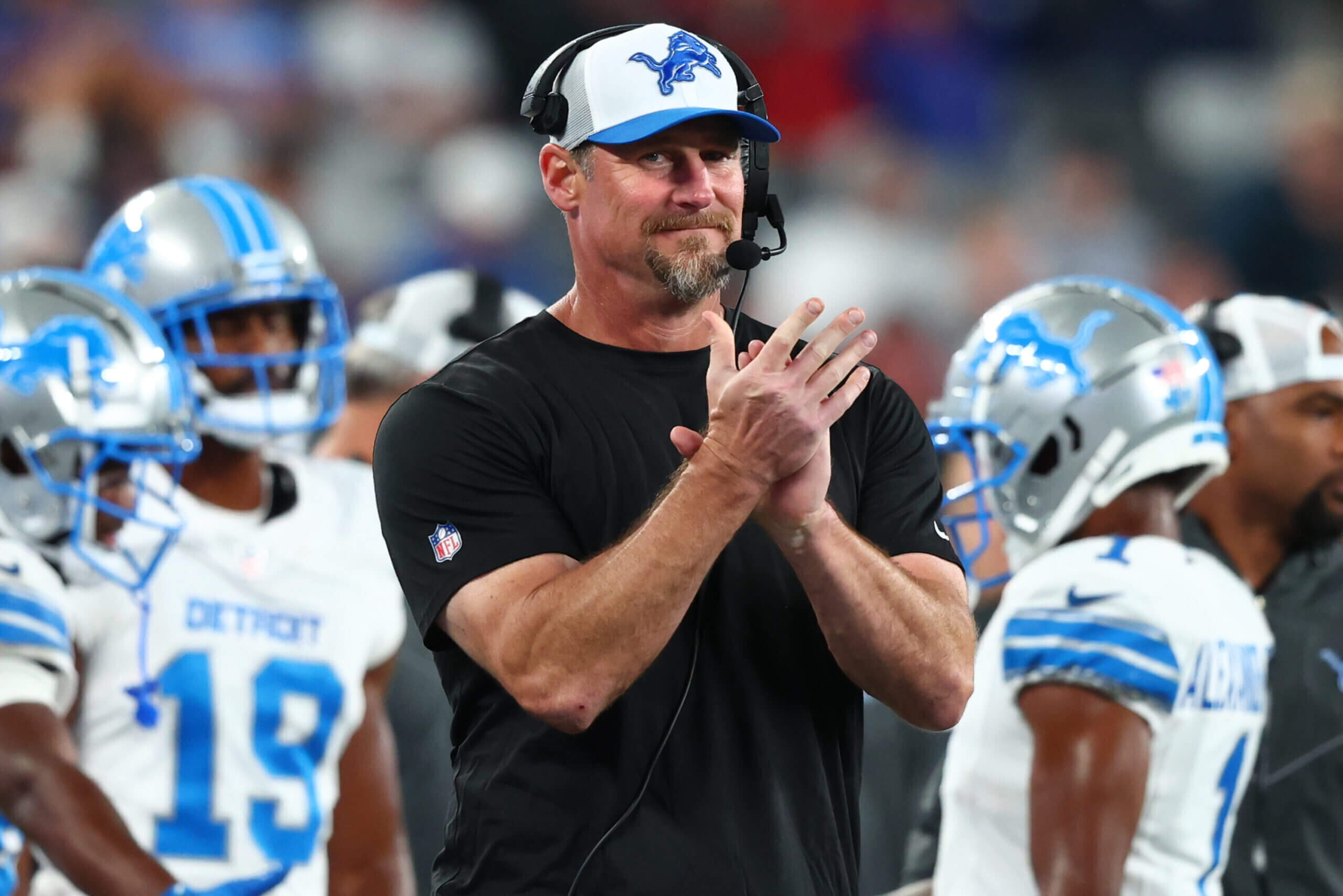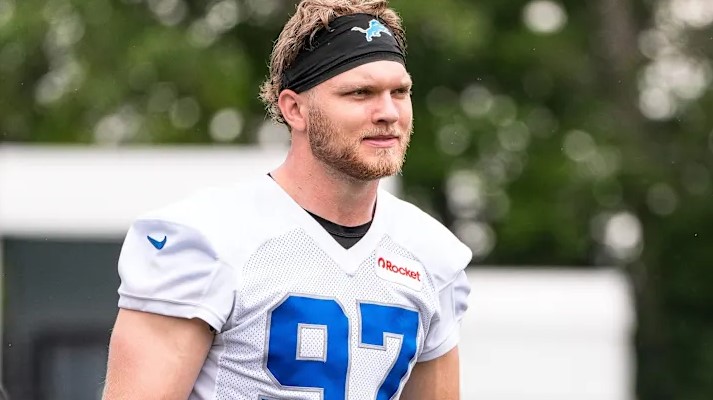In a bold and controversial move, the NFL has ended its partnership with Stonewall, an LGBTQ+ advocacy group, and banned team captains from wearing rainbow-themed items such as armbands, shoelaces, and sweatbands during games. The decision, finalized after a meeting with captains from all 32 NFL teams, has ignited widespread debate across the sports world and beyond.

A Shift in the NFL’s Approach
For the past several years, the NFL has leaned into symbolic gestures of support for the LGBTQ+ community, most notably through rainbow gear on the field. This latest decision marks a sharp departure from that strategy. The league explained the change as an effort to keep the spotlight on athletic competition and avoid distractions tied to social or political causes.
The move mirrors actions taken by other sports leagues, including the Premier League, which recently ended its own partnership with Stonewall and discontinued its widely known Rainbow Laces campaign. Together, these choices suggest a broader rethinking across professional sports about how far leagues should go in blending advocacy with competition.

Reactions Split Among Fans and Players
Reactions to the NFL’s decision have been sharply divided. Some fans welcomed the change, believing it restores a sense of neutrality to the game. “The NFL is about football, not activism,” one fan posted on X, reflecting a common sentiment among those who support the ban.
Others, however, see the move as a setback for LGBTQ+ representation in professional sports. Advocacy groups argue that rainbow imagery serves as more than just decoration—it’s a visible statement of acceptance and belonging for players, fans, and communities who often feel underrepresented. “Removing these symbols feels like a step backward,” said a spokesperson from a leading advocacy organization. Social media has been flooded with calls for the NFL to reverse its decision, with hashtags like #NFLRainbowBan trending as debates heat up.
Dan Campbell’s Response Fuels Discussion
Detroit Lions head coach Dan Campbell, known for his fiery leadership, weighed in on the controversy with a candid statement that further stoked conversation. “Our job is to play football and bring people together through the game,” Campbell said. “We respect everyone’s beliefs, and this decision reflects a collective effort to keep the focus on the field while supporting our community in other ways.”
His comments were interpreted in very different ways. Supporters praised him for prioritizing unity and team focus, while critics accused him of downplaying the importance of visible symbols of inclusivity. Campbell’s remarks quickly spread online, adding fuel to an already heated debate.
The Broader Implications
The NFL’s decision raises a larger question: How should professional sports balance inclusivity with the desire to maintain a neutral game-day atmosphere? By moving away from on-field advocacy, the league is now under pressure to demonstrate how it will continue supporting marginalized communities off the field. Officials have hinted at exploring new initiatives, but details remain vague.
This is not just about one league. With organizations like the Premier League making similar changes, the broader sports landscape appears to be recalibrating how it addresses social advocacy. The challenge lies in finding ways to honor diverse communities without alienating segments of the fanbase who prefer sports to stay apolitical.

What Comes Next
As the NFL looks ahead, much depends on how it follows through on promises of inclusivity outside of game days. Dan Campbell’s diplomatic comments reflect the difficult balance leaders face in a polarized environment. The league now stands at a crossroads—striving to protect the integrity of the sport while ensuring that all players and fans feel represented.
In the end, the NFL’s decision to end its Stonewall partnership and ban rainbow-themed gear is more than just a policy change—it’s a flashpoint in the ongoing conversation about the role of social advocacy in sports. How the league responds in the coming months will shape its reputation on inclusivity for years to come.





